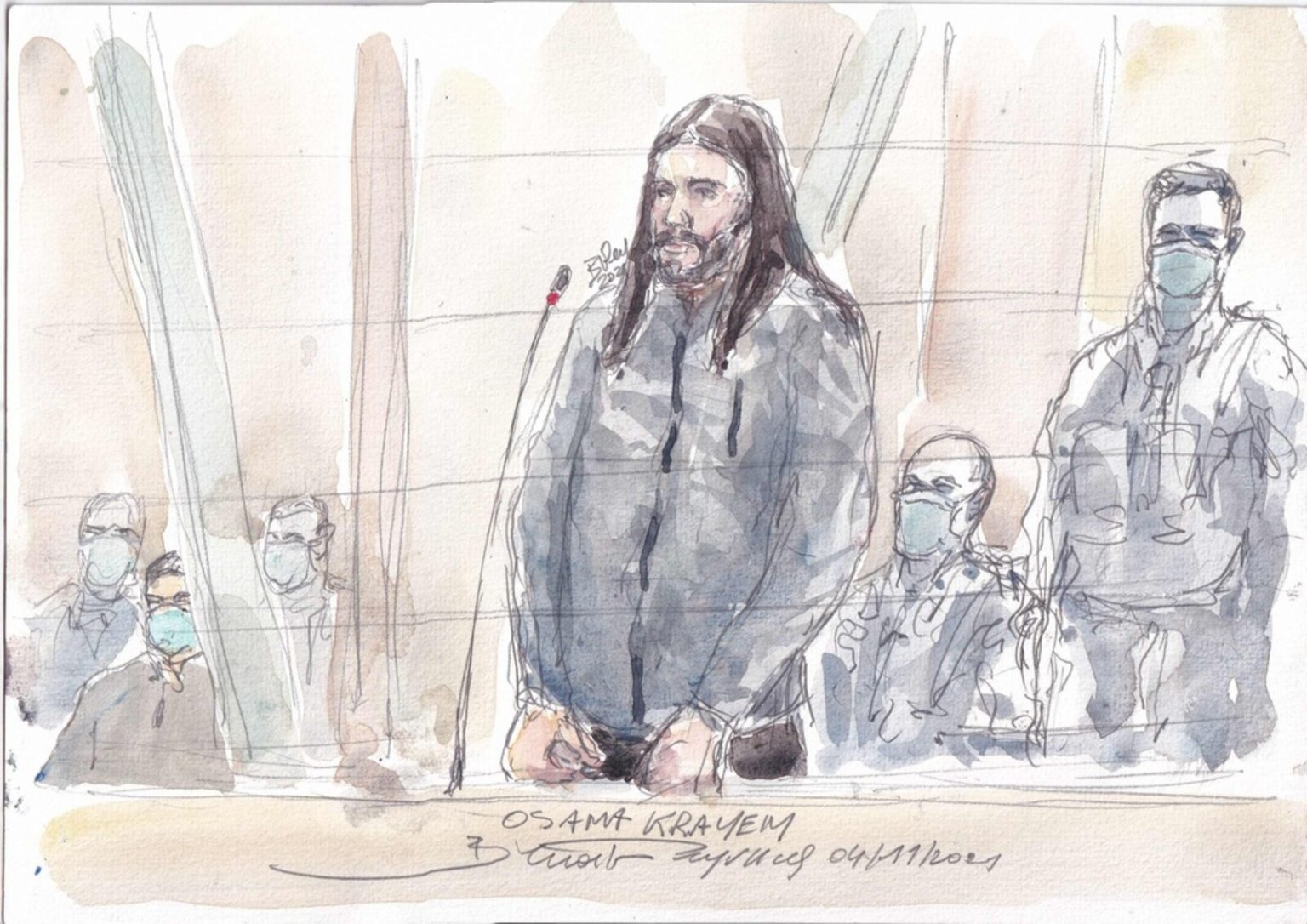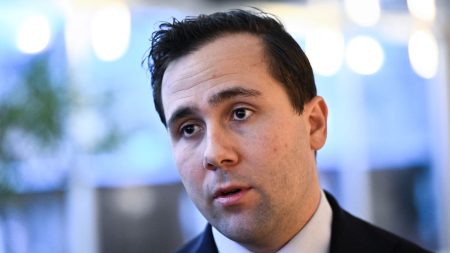Osama Krayem, a Swedish citizen currently detained on suspicion of grave war crimes and terrorist offenses, faces a complex legal situation due to his involvement in multiple acts of terrorism. He has already been sentenced to life imprisonment in both France and Belgium for his participation in the devastating 2015 Paris attacks and the 2016 Brussels bombings. His current detention in Sweden relates to a separate investigation into his alleged role in the immolation of a Jordanian pilot captured by ISIS in Syria in 2014. Terrorism expert Magnus Ranstorp confirms Krayem’s presence at the brutal execution, emphasizing that even without direct involvement in setting the fire, his presence makes him complicit in the war crime.
Krayem’s journey into radicalization led him to Syria, where he received training alongside other individuals who later perpetrated the Paris and Brussels attacks. While not a high-ranking figure within ISIS, Krayem functioned as an operative, carrying out directives from the terrorist organization. He represents a disturbing trend of individuals from Western nations becoming radicalized and participating in acts of terrorism abroad. Of the two Swedish nationals involved in the Paris and Brussels attacks, Krayem is the sole survivor, leaving him as a key figure in understanding the motivations and networks behind these devastating events. His survival also allows for potential prosecution for his alleged involvement in the Jordanian pilot’s execution.
The current Swedish investigation centers on Krayem’s alleged complicity in the horrific act of burning the captured Jordanian pilot alive. This gruesome event, widely publicized by ISIS as a propaganda tool, shocked the international community. Krayem’s presence at the scene, regardless of his specific role in the act itself, raises crucial questions about his level of involvement in ISIS atrocities. The ongoing Swedish investigation seeks to uncover the extent of his participation and determine appropriate legal consequences.
The potential for conviction in Sweden presents a complicated scenario regarding the execution of his existing sentences. Krayem is currently serving a 30-year sentence in France for the Paris attacks and a life sentence in Belgium for the Brussels attacks. If found guilty in Sweden, the interplay of these multiple sentences creates a legal challenge. Ranstorp expresses concern that Krayem might be transferred back to Sweden, potentially leading to leniency or sentence reductions under Swedish law. He emphasizes the significant differences in prison conditions between France and Belgium compared to Sweden, suggesting that a transfer could result in a less stringent punishment than what was intended by the original sentences.
The complexities of Krayem’s case highlight the challenges of prosecuting individuals involved in transnational terrorism. The different legal systems, sentencing guidelines, and potential for transfer between countries create a complex web of legal considerations. Ranstorp’s concerns underscore the importance of ensuring that justice is served appropriately, considering the gravity of the crimes committed. The possibility of a lighter sentence in Sweden, after being convicted of heinous acts in other jurisdictions, raises questions about equitable punishment and the potential for undermining the severity of the original sentences.
Krayem’s case serves as a stark reminder of the global reach of terrorist organizations and the challenges posed by individuals radicalized within Western societies. His alleged involvement in both the Paris and Brussels attacks, as well as the execution of the Jordanian pilot, paints a disturbing picture of an individual deeply entrenched in extremist ideology and willing to participate in acts of extreme violence. The ongoing Swedish investigation not only seeks justice for the specific crime under investigation but also contributes to a broader understanding of the networks and motivations driving international terrorism. The outcome of this investigation will have significant implications, both for Krayem himself and for the broader legal framework surrounding the prosecution of transnational terrorist acts.














